Key Takeaways
-
Mosquito Predators: Birds like swallows and purple martins, insects like dragonflies and damselflies, and amphibians such as frogs and turtles all play crucial roles in controlling mosquito populations.
-
Predatory Fish: Mosquitofish, goldfish, and bass consume mosquito larvae in water, making them effective at preventing breeding in ponds and water features.
-
Insectivorous Bats: Bats, while not exclusively feeding on mosquitoes, help reduce their numbers due to their generalist feeding habits.
-
Toxorhynchites Mosquitoes: Known as nature’s “mosquito killers,” these predacious mosquitoes feed on other mosquito larvae, reducing harmful mosquito species.
-
Prevention Tips: Install birdhouses, add mosquitofish to ponds, set up bat boxes, and encourage dragonflies to naturally manage mosquito populations around your home.
-
Myth Busting: Purple martins and bats do eat mosquitoes, but they prefer larger insects, and mosquitofish won’t fully eliminate mosquito breeding in stagnant water.
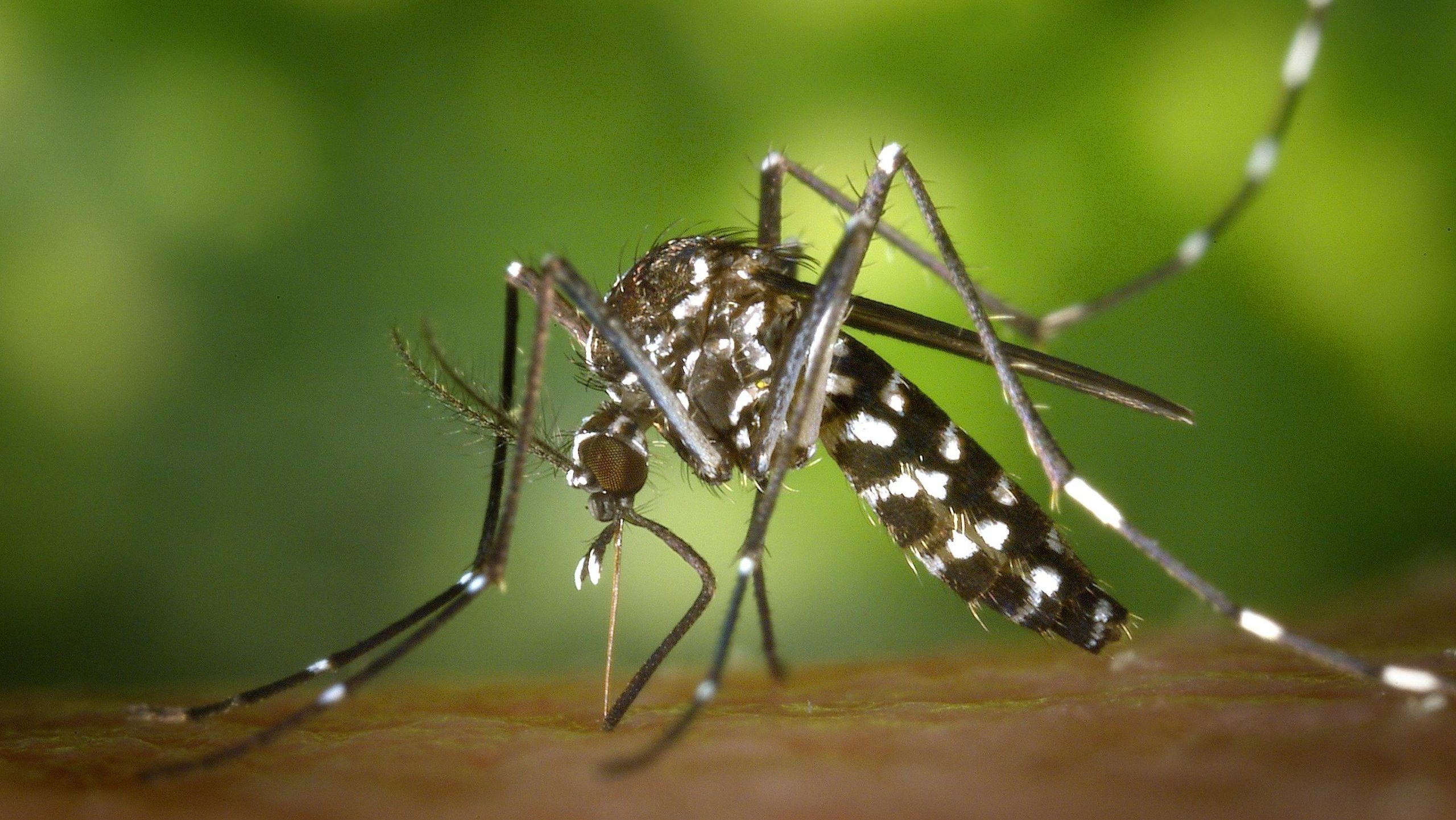 Mosquitoes are infamous for being annoying pests carry diseases like malaria, dengue, and Zika virus. But did you know there’s a natural army of predators that help keep mosquito populations in check?
Mosquitoes are infamous for being annoying pests carry diseases like malaria, dengue, and Zika virus. But did you know there’s a natural army of predators that help keep mosquito populations in check?
What Eats Mosquitoes?
From birds to insects and amphibians, these natural mosquito predators play a vital role in maintaining ecological balance. In this article, we’ll explore what eats mosquitoes, the variety of creatures considered mosquito predators, and methods to prevent mosquito infestation.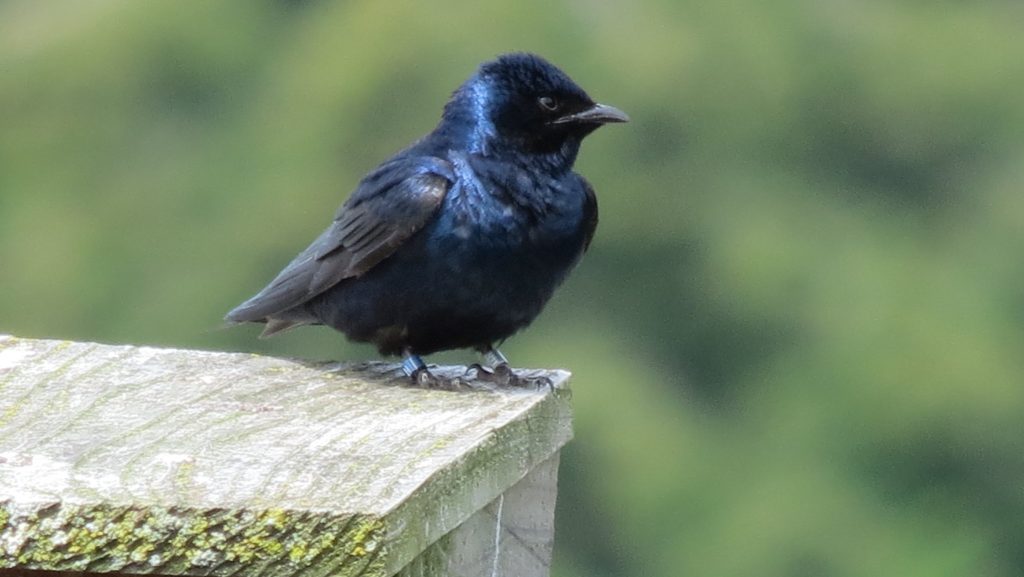

Not getting a solution?
Get your free pest control estimate today!Purple Martins
Purple Martins are migratory birds often celebrated for their mosquito-eating habits. While they do consume mosquitoes, studies suggest they prefer larger insects. Their role in mosquito control might be overstated, but they still contribute to overall insect population management. Purple Martins are valued for their ability to keep insect populations in check, particularly in areas where they are encouraged to nest.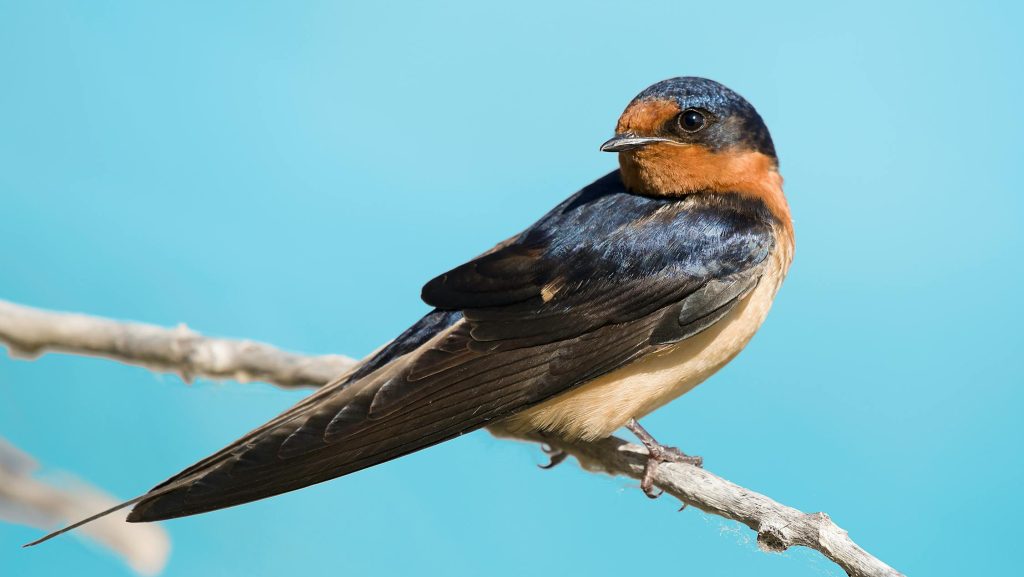
Swallows
Swallows are agile, fast-flying birds that catch mosquitoes mid-flight. Their feeding activity increases during the evening, coinciding with the time mosquitoes are most active. By preying on adult mosquitoes, swallows help to reduce mosquito numbers in areas where they nest and forage. Their rapid flight patterns make them highly effective at catching mosquitoes in the air.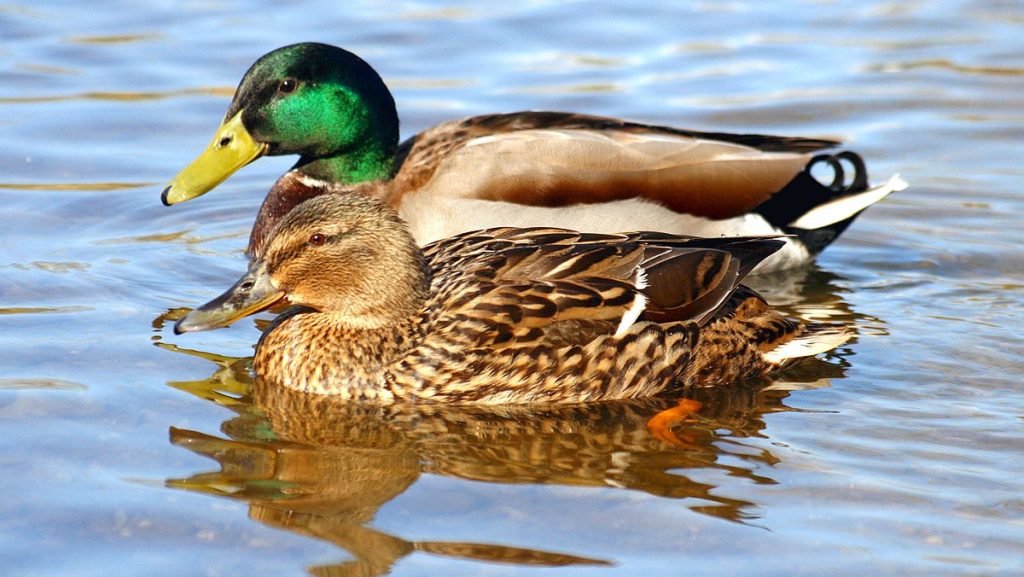
Waterfowl
Waterfowl, such as ducks and geese, are known to feed on mosquito larvae found in aquatic environments. As they forage for food in water bodies, they consume mosquito larvae as part of their diet. This natural feeding behavior helps to reduce mosquito populations in ponds, lakes, and wetlands. Ducks and geese play an essential role in controlling mosquito larvae before they develop into adult mosquitoes. Visit our Species, Control, and DIY Guide sections for additional resources on mosquitoes and ways to tackle a mosquito infestation.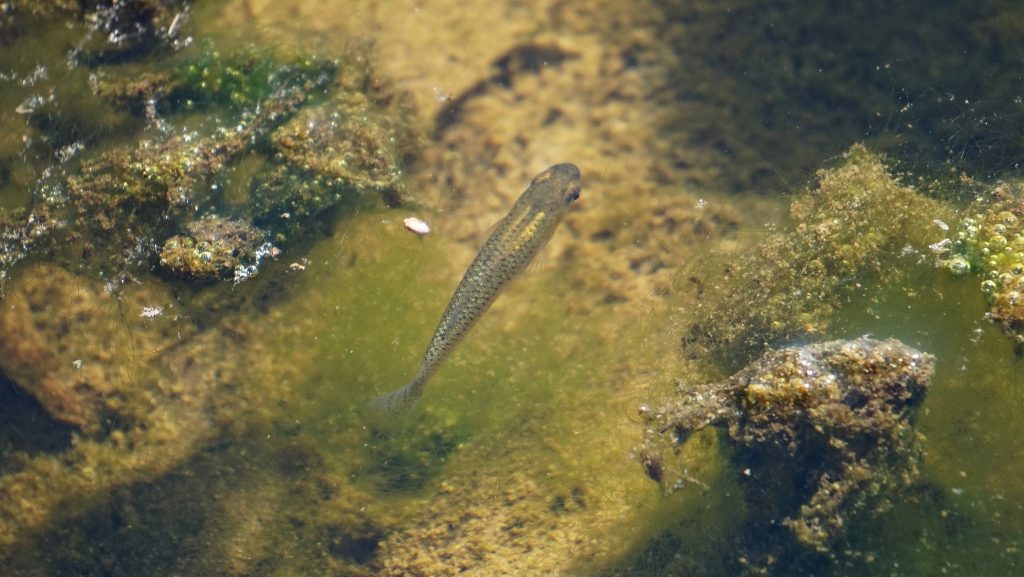
Mosquitofish (Gambusia affinis)
Mosquitofish (Gambusia affinis) are small freshwater fish. They are effective in controlling mosquito populations. They actively seek out and consume mosquito larvae and pupae in water, making them a popular biological control agent in ponds and other water bodies. These fish are often introduced to man-made ponds and water features to naturally reduce mosquito breeding.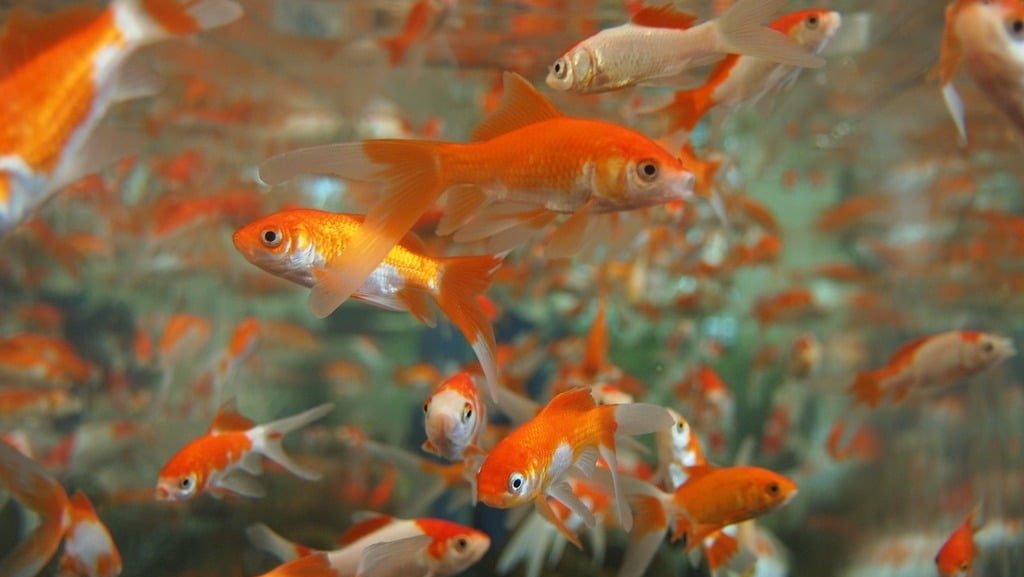
Goldfish, Guppies and Bass
Goldfish, guppies, and bass are other fish species that consume mosquito larvae as part of their diet. Goldfish and guppies are often introduced into ornamental ponds to help manage mosquito populations, while bass, being larger predatory fish, may consume mosquito larvae along with other aquatic prey. Their foraging behavior in water makes them useful allies in controlling mosquito larvae.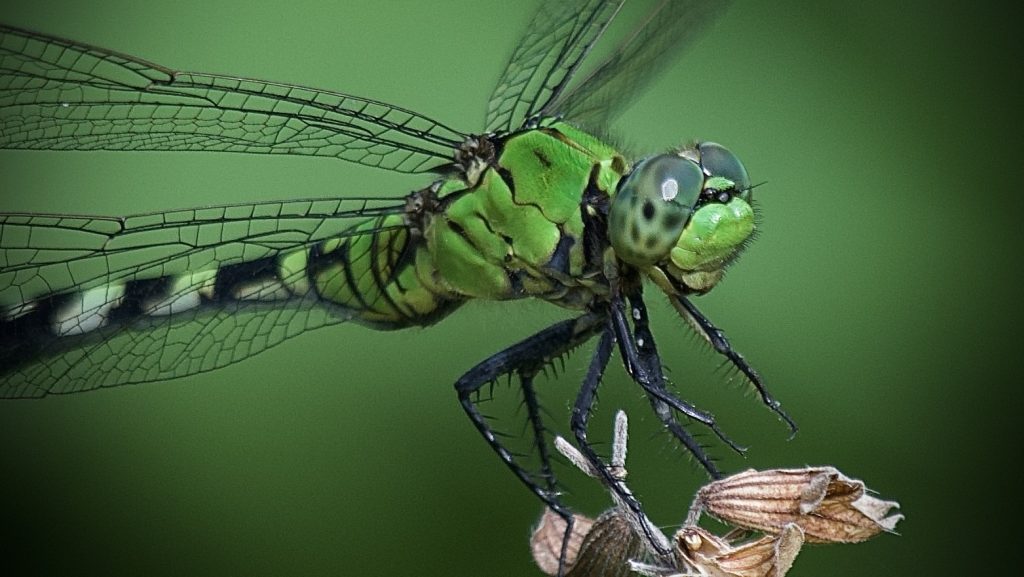
Dragonflies
Dragonflies, often called “mosquito hawks,” prey on mosquitoes at both the larval and adult stages. As nymphs, dragonflies inhabit aquatic environments where they feed on mosquito larvae. Adult dragonflies are skilled aerial hunters, capturing adult mosquitoes in mid-air. Their dual-stage predation makes them an effective mosquito control agent in natural habitats. Dragonflies are considered one of the most effective natural predators of mosquitoes. If you feel things have gone out of control, it is advised to contact pest control professionals. Our team can provide a customized approach to protect your home effectively. Get a free estimate today!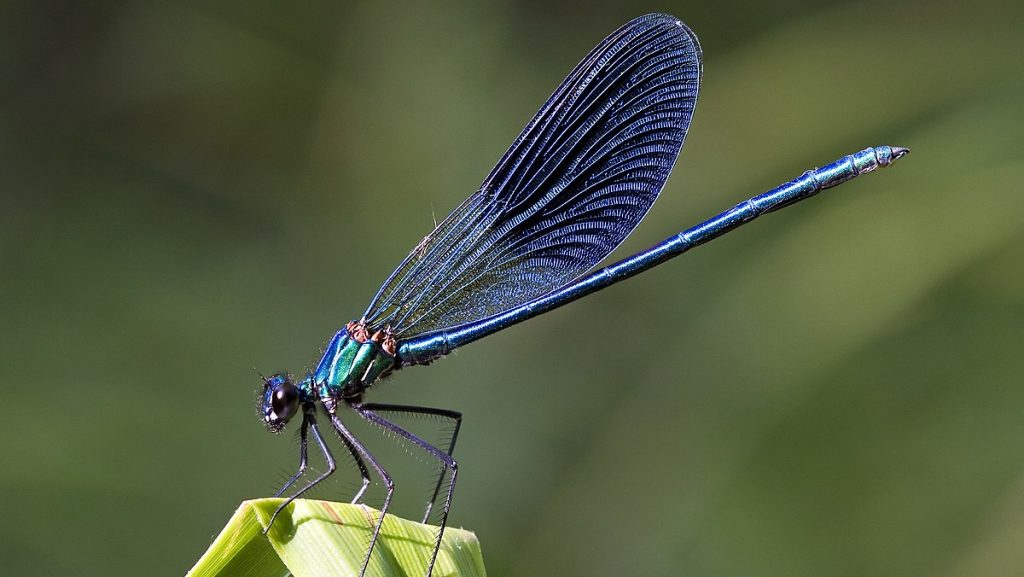
Damselflies
Damselflies are similar to dragonflies in their life cycle and feeding habits. Their aquatic nymphs feed on mosquito larvae, while the adult damselflies catch and consume adult mosquitoes. Their role in mosquito control is often overlooked, but they are valuable contributors to the ecosystem. Damselflies’ delicate flight patterns make them efficient at catching mosquitoes close to water surfaces.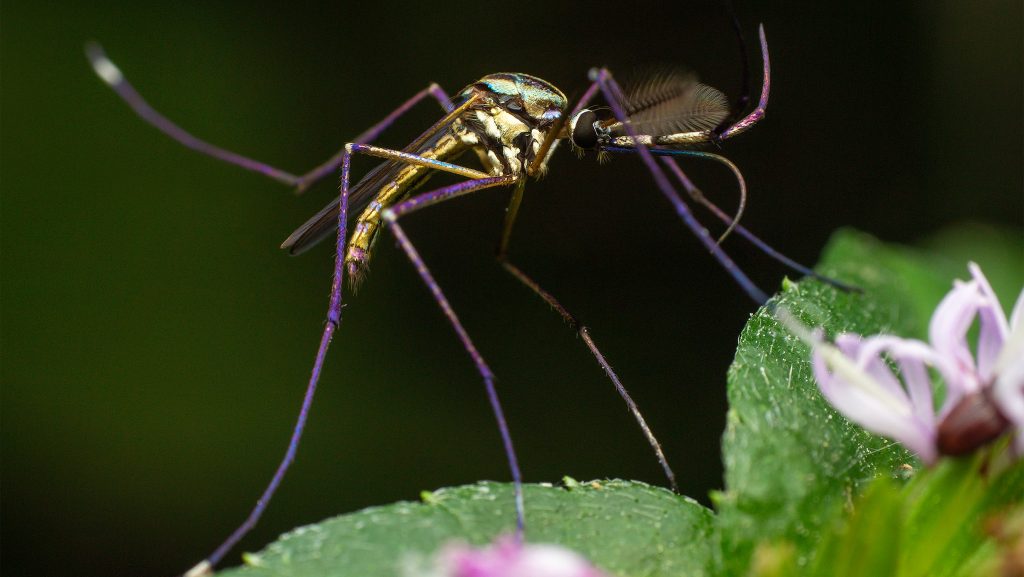
Predacious Mosquitoes Toxorhynchites
Predacious mosquitoes, specifically Toxorhynchites species, do not feed on blood. Instead, their larvae are carnivorous and prey on other mosquito larvae, including those of disease-carrying mosquito species. This unique feeding behavior positions them as beneficial mosquitoes in the fight against mosquito-borne diseases. Toxorhynchites mosquitoes are often regarded as nature’s “mosquito killers” because of their predation on harmful mosquito species.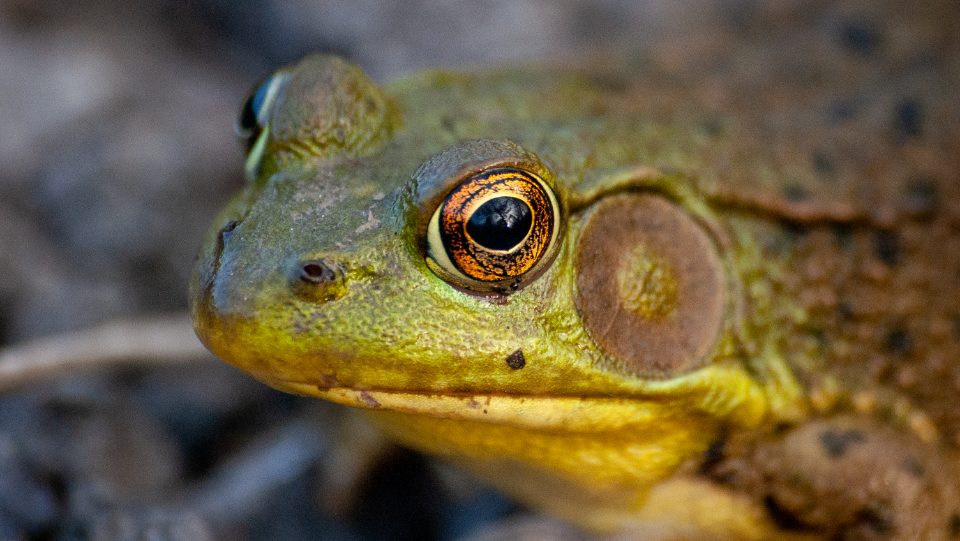
Frogs and Tadpoles
Frogs and tadpoles contribute to mosquito control, although their impact is more indirect. While tadpoles feed on algae and organic debris, some species also consume mosquito larvae. Adult frogs are opportunistic feeders that consume a variety of insects, including adult mosquitoes, particularly in areas with high mosquito populations. Frogs are essential in wetland ecosystems and indirectly help control mosquito populations.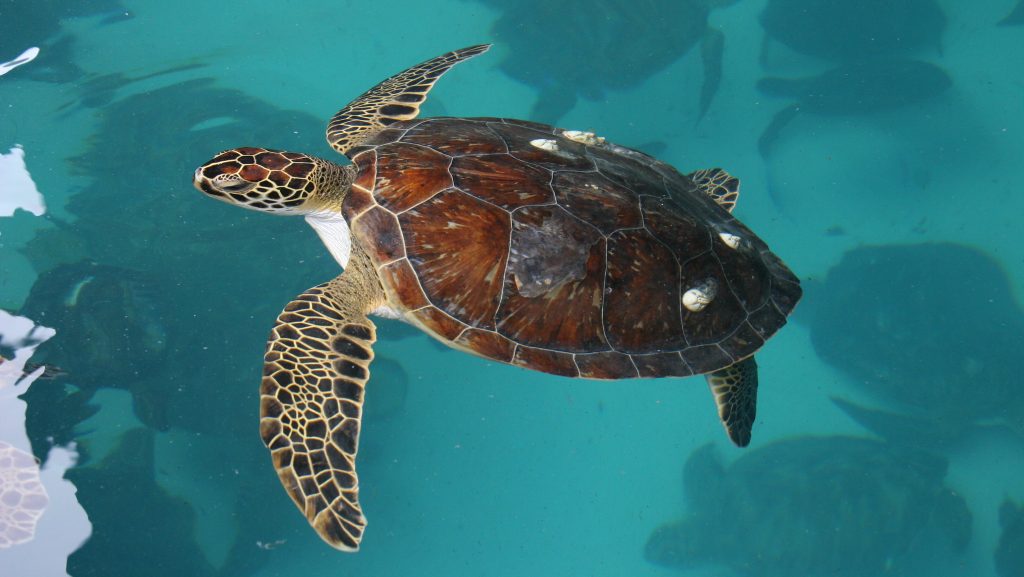
Turtles
Turtles, especially aquatic species, consume mosquito larvae found in water bodies. By feeding on mosquito larvae, turtles help maintain ecological balance in aquatic habitats. While they may not be a primary predator of mosquitoes, their feeding habits still contribute to mosquito population control. Turtles play a crucial role in maintaining healthy aquatic ecosystems where mosquito larvae are present.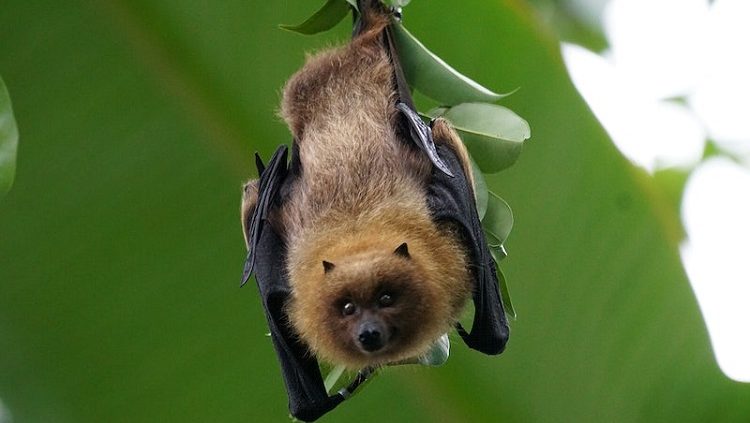
Do Bats Eat Mosquitoes?
Bats are often believed to be major mosquito predators. While bats do consume mosquitoes, they typically prefer larger insects like moths and beetles. Nevertheless, bats’ generalist feeding habits mean they still contribute to reducing local mosquito populations. Bats are often cited in discussions about natural mosquito predators, particularly in regions where mosquito-borne diseases are a concern.Methods To Prevent a Mosquitoes Infestation
-
Install birdhouses to attract mosquito-eating birds like swallows and purple martins.
-
Add mosquitofish or other predatory fish to ponds and water features.
-
Set up bat boxes to encourage bats that feed on mosquitoes.
-
Maintain native plants to support dragonflies and other insect predators.
-
Keep ponds clean and fresh to provide a habitat for mosquito predators like frogs and turtles.
Myth vs. Fact: Understanding Mosquito Predators
| Myth | Fact |
|---|---|
| Purple martins can clear all mosquitoes in your yard. | They eat mosquitoes but prefer larger insects like beetles. |
| Bats feed only on mosquitoes. | Bats eat a variety of insects, including mosquitoes. |
| Fish can eliminate mosquitoes from ponds. | Mosquitofish help but won’t stop breeding in stagnant water. |
| Dragonflies eat thousands of mosquitoes daily. | They are efficient hunters but impact only high-mosquito areas. |





